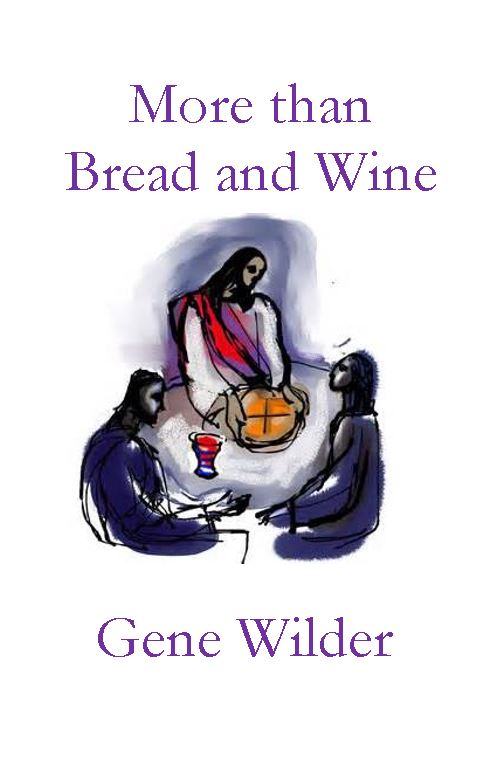An Examination of The Lord's Supper
More Than Bread and Wine
Few acts of worship embody more meaning and spiritual intimacy than the Lord’s Supper; and while traditions and theologies surrounding this sacred event vary from one Christian group to another, the act itself is a universal tie that binds Christians around the world.
In the most liturgical traditions, the Lord’s Supper is observed at every service of worship, but for those from the Free Church Tradition, like Baptists, the frequency and liturgy vary from one congregation to another. When I was a child, my church observed the Lord’s Supper once a year, on the Thursday preceding Easter. In the first church I pastored, we observed the Lord’s Supper on the first Sunday of each month. My current congregation observes The Supper quarterly. When Jesus instituted the Lord’s Supper he did not specify its frequency. Instead, he told his followers, “As oft as you do this, do it in remembrance of me.”
On the surface, the message of The Lord’s Supper seems quite simple. As we break the bread, we remember Christ’s broken body. As we drink from the cup, we remember his shed blood. Regardless of one’s theology, The Supper is always a sacred recollection of Christ’s sacrificial act; but it is much more. As you examine The Lord’s Supper throughout scripture, you soon begin to sense that The Supper holds special significance for those who take the time to meditate on something more than the obvious.
